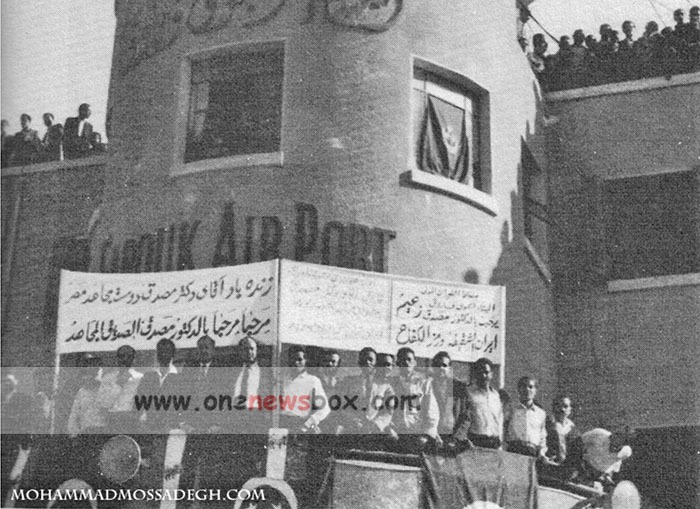Shared Struggles Against British Imperialism
Despite the differences in their political systems, Iran and Egypt shared similar experiences in their dealings with British imperialism. By the early 20th century, both nations had nominal independence, but British influence remained pervasive. In Iran, British control over the oil industry through the Anglo-Iranian Oil Company (AIOC) kept the country economically dependent, while in Egypt, the British maintained political dominance through the monarchy and their military presence, especially in the Suez Canal.
Both countries faced similar challenges in the 1940s and early 1950s. While Iran was not formally colonized, its national assets, particularly oil, were under British control. Egypt, on the other hand, had long been under British occupation, with the Suez Canal serving as a strategic military and economic asset for the British Empire. Mossadegh’s actions in Iran and Egypt’s growing anti-British sentiment aligned both nations’ struggles, particularly when the Free Officers Movement in Egypt, led by Gamal Abdel Nasser, staged a coup in 1952 to end the British-backed monarchy. The success of Mossadegh in Iran inspired Egypt’s own movement for national liberation.

